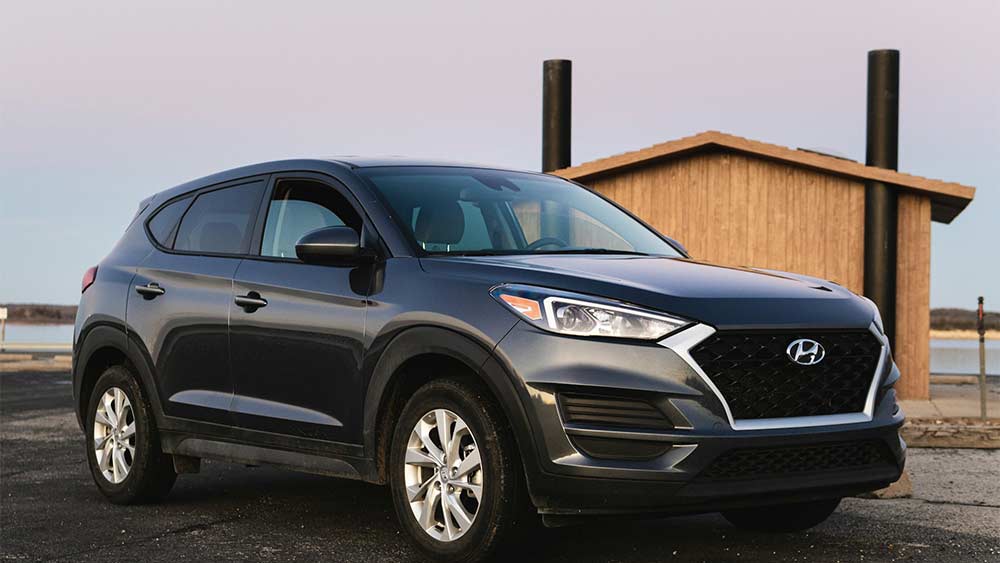Best Strategies For Your Next Car Purchase – 6 Smart Buying Tips

Purchasing a car can be an exciting yet strangely angsty experience, especially for those treading the line for the first time. With numerous factors to keep in mind, from your budget to where you will actually put down your hard-earned money, it’s easy to become overwhelmed pretty fast. Nevertheless, with the right tips and tricks that you can pull out when required, you will be better able to turn a terrifying ordeal into a smooth buying journey.
This guide will provide you with just those things. From understanding the importance of visiting enough dealerships to get a decent overview of costs and models to getting all your dusk in a row before pulling the trigger, by the end, you will feel the weight of this decision lifting from your shoulders and end up driving away with a car that you are comfortable spending several years with.
Top 6 Success Hacks for New Car Buyers
1. Compare Multiple Dealership Offers

When it comes to purchasing a car, one of the most effective strategies is to compare offers from various dealerships in your area. Just be aware that you probably need to speak to an actual human rather than a chatbot if you want the best information! This Country Hills Hyundai dealer recommends contacting them directly to get the most up-to-date information relating to their inventory.
Start by researching the make and model you’re interested in, and gather pricing info from at least three showrooms. This healthy competition can work in your favor, as dealerships may be willing to sweeten the deal to earn your business. However, be transparent and avoid deceptive tactics, as building trust is crucial in the car-buying process. In addition to pricing, compare each dealership’s overall package. This includes factors like warranties, financing options, trade-in values, and additional perks or incentives.
2. Get Pre-Approved For Financing
Securing pre-approved financing before stepping onto the lot can really help you get the ball rolling. Just as you will shop around different dealerships for the best deals, so too should you do so with financing companies. Compare interest rates, loan terms, and any associated fees. While this might be a tedious and somewhat dull endeavor, a bit of time spent on this task could pay dividends later on.
With a pre-approved loan in hand, you can focus on negotiating the best possible price for your desired vehicle rather than being at the mercy of the dealership’s financing options. This transparency also eliminates the need for back-and-forth negotiations over interest rates and loan terms.
3. Don’t Be Afraid To Negotiate For A Fair Price
Negotiating isn’t something that comes easily to Westerners, but it is an integral part of the car-buying process, and it’s essential not to be intimidated by it. Dealerships expect buyers to negotiate, and being willing to do so can save you significant money on your purchase. Before stepping onto the lot, research the market value of the vehicle you’re interested in, factoring in its condition, fuel mileage, and any additional features.
This information will provide you with a solid baseline for negotiations. Don’t be afraid to walk away from a deal that doesn’t meet your expectations. Dealerships may initially present a higher price, hoping you’ll accept it. However, remaining firm and demonstrating willingness to explore other options increases your chances of reaching a fair agreement.
However, always remember negotiation is a two-way street. Be respectful and reasonable in your approach, and be prepared to compromise if necessary. Successful negotiations often involve give-and-take from both parties.
4. Test Drive Before Making Commitment

Before finalizing your car purchase, taking the vehicle for a comprehensive test drive is crucial. This hands-on experience allows you to evaluate the car’s performance, handling, and overall feel, ensuring it meets your expectations.
During the test drive, pay close attention to factors such as acceleration, braking, steering responsiveness, and noise levels. Additionally, test various driving conditions, including highways, city streets, and, if possible, rough terrain.
5. Consider Long-Term Maintenance Costs
While the upfront cost of a vehicle is a significant factor, it’s essential to consider the long-term maintenance costs associated with your purchase. These expenses can vary greatly depending on the car’s make, model, and age. By considering the costs of long-term maintenance, you will be able to make an accurate selection that fits your budget and guarantees trouble-free ownership.
6. Trust Your Instincts And Ask Questions

Don’t hesitate to ask the salesperson questions or voice any concerns you may have. A reputable dealership will encourage you to thoroughly test the vehicle and address any issues before committing.
Conclusion
Purchasing a car is a significant investment, and following these tips can help ensure a smooth and stress-free experience. Patience, research, and a willingness to advocate for yourself are key, and with the right approach, you can drive away with a vehicle you are truly happy with.

news via inbox
Sign up and never miss out on the latest news and updates at HighStuff




